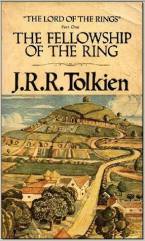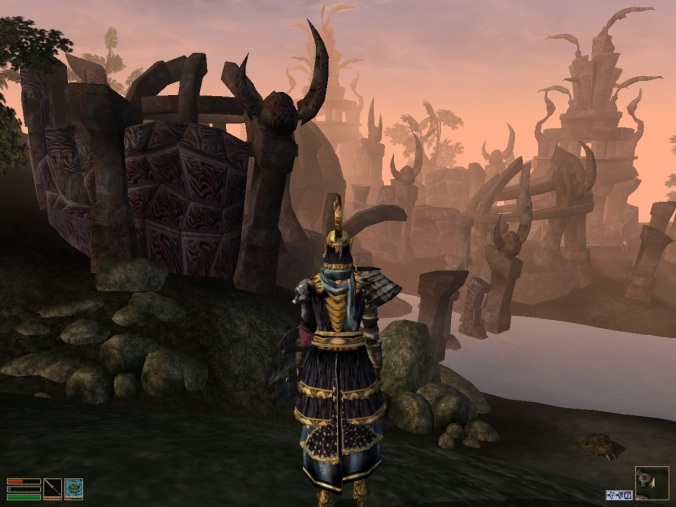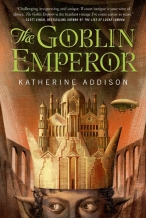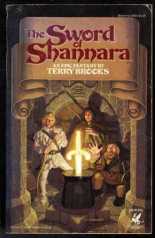So, I think I’ve come to a bit of a realisation today. Well, not just today, but it seemed to come into focus this morning, as I read a post on Reddit. I spend way to much time there now, having tried to ban myself from other social media, and therefore having no outlet for my need to talk about books. The upside of Reddit is that it’s just about books, and you don’t get those posts about how awful everything else is infringing on your escape. It’s a privileged bubble, but I need those safe-ish spaces these days.
Anyway, I was scanning through replies to a post on unpopular opinions (usually a mistake, but an amusing one), when an opinion resonated, and it reminded me why I’d written one of my books in the first place. In fact, each of my books has been born of trying to fill a gap in what I wanted to read. Unfortunately, I think that two factors in that have ultimately made it impossible to get anywhere.
The first is the gap, or the unpopular opinion. Yes, gaps in the market are supposed to be good, but actually what really works is more of the same, a book for all the fans of that other massively popular book. Sure, that Reddit post means that there are a few people out there who are, like me, searching for those edge-cases, those different takes. But I’m not sure there are enough. I’ve spent several years now watching all sorts of wonderful authors with those slightly different, deliciously interesting approaches to fantasy struggle to gain traction – and a few succeed, to be fair, if not enough. And I don’t know if I really want to be one of them anymore.
The second thing is the “what I wanted to read” part, which I always figured was a problem. If all my favourite books are anything to go by, what I want to read is not the same as most other people, and I’ve always worried how that would work out for me as an author. I’ll probably never know for sure, now.
In the end, I haven’t even got as far as testing the waters, because in trying to get my books “ready” to set sail, I’m broken them, and myself. I’m a rubbish editor, it turns out. Trying to change things – beyond tidying the odd sentence or cutting some redundant words – fills me with apprehension, confusion, and a sense of loss.
See, every book I’ve written, I’ve “pantsed”, not having a detailed plot beforehand, just a vague endpoint and an evolving set of theories. Finding out “what happens” is what drives my writing, and I can’t really see myself writing to a detailed, scene-by-scene outline. However, I’ve come to accept that it might make the books “better” or “stronger” in the end – at least, according to convention.
That’s not to say that those books came out badly. In fact, quite the opposite – for the most part, they came out exactly as I hoped. That’s not to say they were perfect, but they were right. They were the books I set out to write.
Which is actually the problem.
Since they were the books I set out to write, they didn’t necessarily do what they were supposed to, according to most writing advice. And even though they felt right to me, I could see their flaws. However, since I had discovered “what happens”, I couldn’t see a way to change it. “What happens” was set in stone, as a result of all the choices made up to that point, because I’d built it up choice-by-choice rather than in an outline with beats and arcs and whatnot.
It may not have been the “best” outcome, but it was the right one, and any little change threatened to unravel the whole thing. Infinite possibilities exploded out of what had been constrained, making it impossible to see the path ahead. The thought of changing the direction of the story was overwhelming, because it felt like a lie. I already knew the truth, but now I had to deconstruct it and use the blocks for something else, something fake.
And yes, this feels a bit like a lot of pretentious waffle, but it’s the biggest struggle I’ve had. Everybody hates first drafts…except me. That’s the only bit I like (besides reading them back, to be honest). And people say first drafts are a mess, just get it down, but it’s also where the magic happens. I know I shouldn’t listen too much to what everyone says, since writing is quite personal, but when you feel a bit lost and you want so badly to “make it”, you can’t help trying to absorb advice.
Which is where it all starts to go wrong.
You realise the opening of your book is cliched or boring and you change it in the hopes that an agent won’t throw it away. And then you change it again. And again. And again, until you realise there are thousands of ways of starting this book, and maybe all of them are wrong, even (no, especially) the one you still think of as the “real” opening. Maybe the whole book is wrong.
Perhaps the protagonist is not active enough, or the antagonist is unclear, or any of the other elements that you are supposed to have is missing. But maybe that was the whole point in the first place, in which case maybe the point is probably rubbish.
Or maybe it’s the third act of the book that doesn’t really work, because it’s part of some larger story you’re never going to write anyway. Or maybe the central concept, that you came up with decades ago, really doesn’t stand up to scrutiny. And the foundations crumble, and the books are dust.
Sometimes you think that all it takes is another book, that you’ll get it right next time. But then you remember how hard it is, for so little reward. Or you wear yourself out trying to second-guess every choice, to plan something that’s both brilliantly original and reassuringly familiar. And you realise what’s really important is that it’s interesting to you, so that you can actually bring yourself to write the thing, because it’s way too hard otherwise. They say, “write for yourself first”, which makes complete sense…except when writing for yourself seems to make the whole endeavour pointless.
After all, the point of writing books is to tell a story to someone. And books only exist by being published, not just being written. And the publishing part isn’t within your control…except when it is, via self-publishing, but I’ve been over that before and it only raises other issues, and other questions. I mean, if you’ve admitted your books won’t sell to a publisher, and you are only writing them for yourself, then why publish them at all? Vanity? Hubris? I’m a bit low on either.
So, you come back to writing for yourself, writing the books you wanted to read but never found (though, now that you’ve found more books than you could ever finish, those “missing books” are getting rarer). That’s where it all started, after all, not in dreams of publishing glory, but in just wanting to see “what happened”.
But, in the end, you realise you’ve probably already written those books, the ones you really wanted to, the ones that were right, and that you probably don’t have any others in you.
Not right now, anyway.












